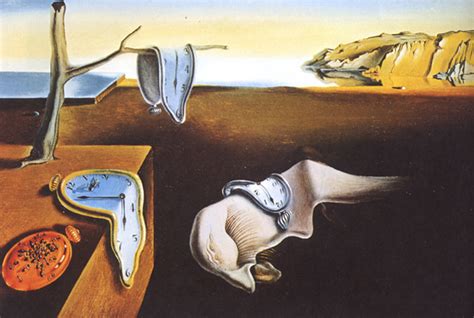Does “daylight savings time” save energy? Does it save money? Does it save lives? Does getting up when the sun is lower in the morning sky mean you have more time before you go to bed at night?
“One hundred years ago when they first proposed this, they said it was about saving energy,” said Michael Downing, author of “Spring Forward: The Annual Madness of Daylight Saving Time. This has never been realized no matter how many times they say it.” 
A University of California study has shown that DST doesn’t save anyone any money at all. In fact, it’s costing consumers extra, to the tune of $3.19 in extra utility bills per year. The study was made possible because of the peculiarities of the state of Indiana, which was only partially on DST until 2006. When the whole state finally went DST (to sync with the national business day), some comparisons vs. the prior method were made apparent. The study calculated that the shift costs Indiana residents an extra $8.6 million in electricity bills in total.
If the justification for DST has always been energy savings, why isn’t ‘saving daylight’ burning fewer light bulbs and saving energy?